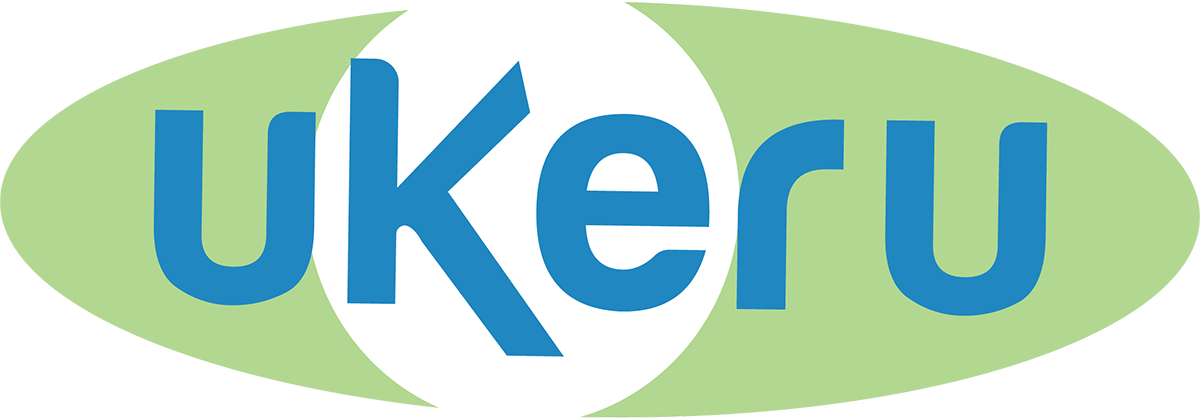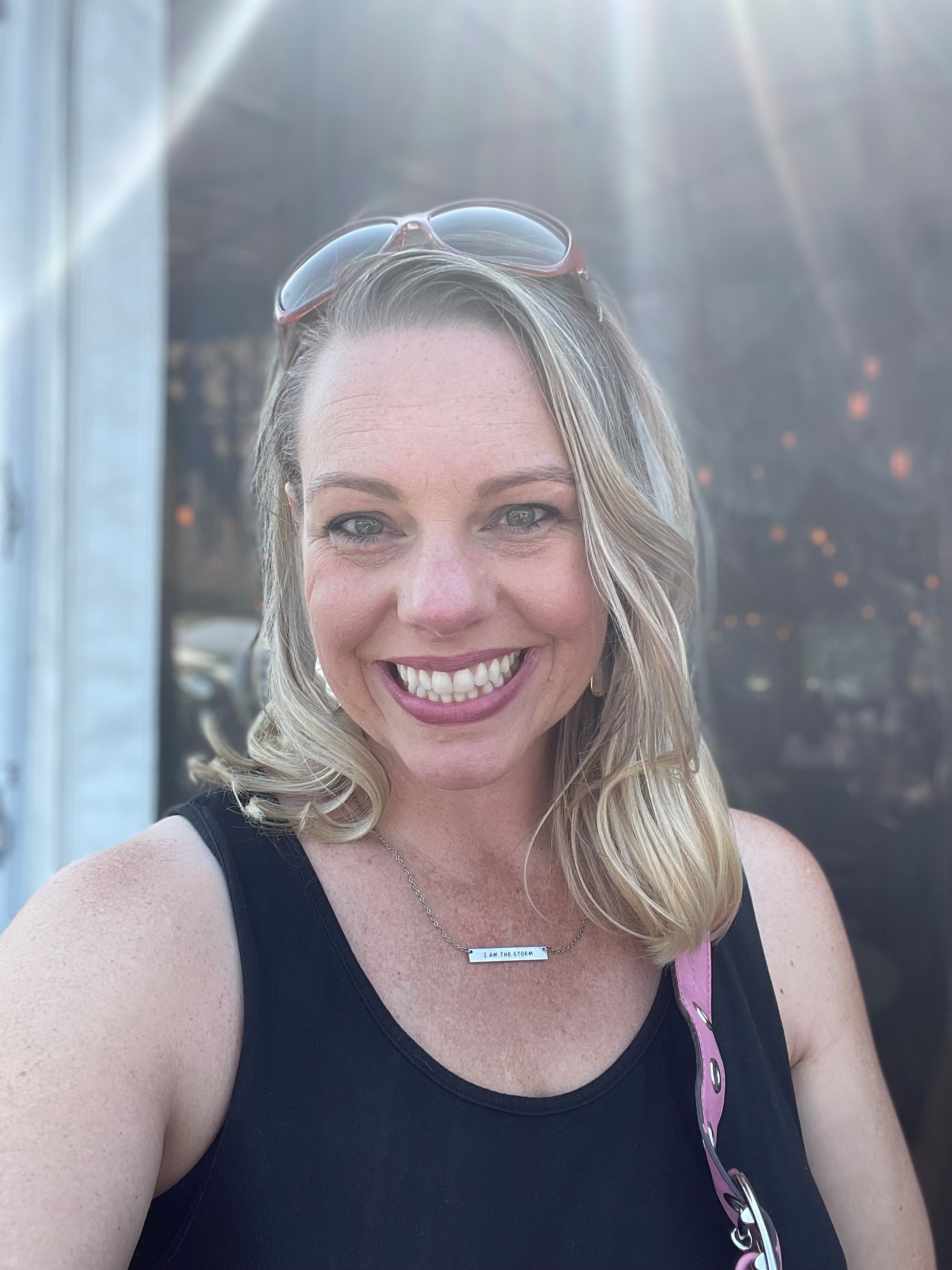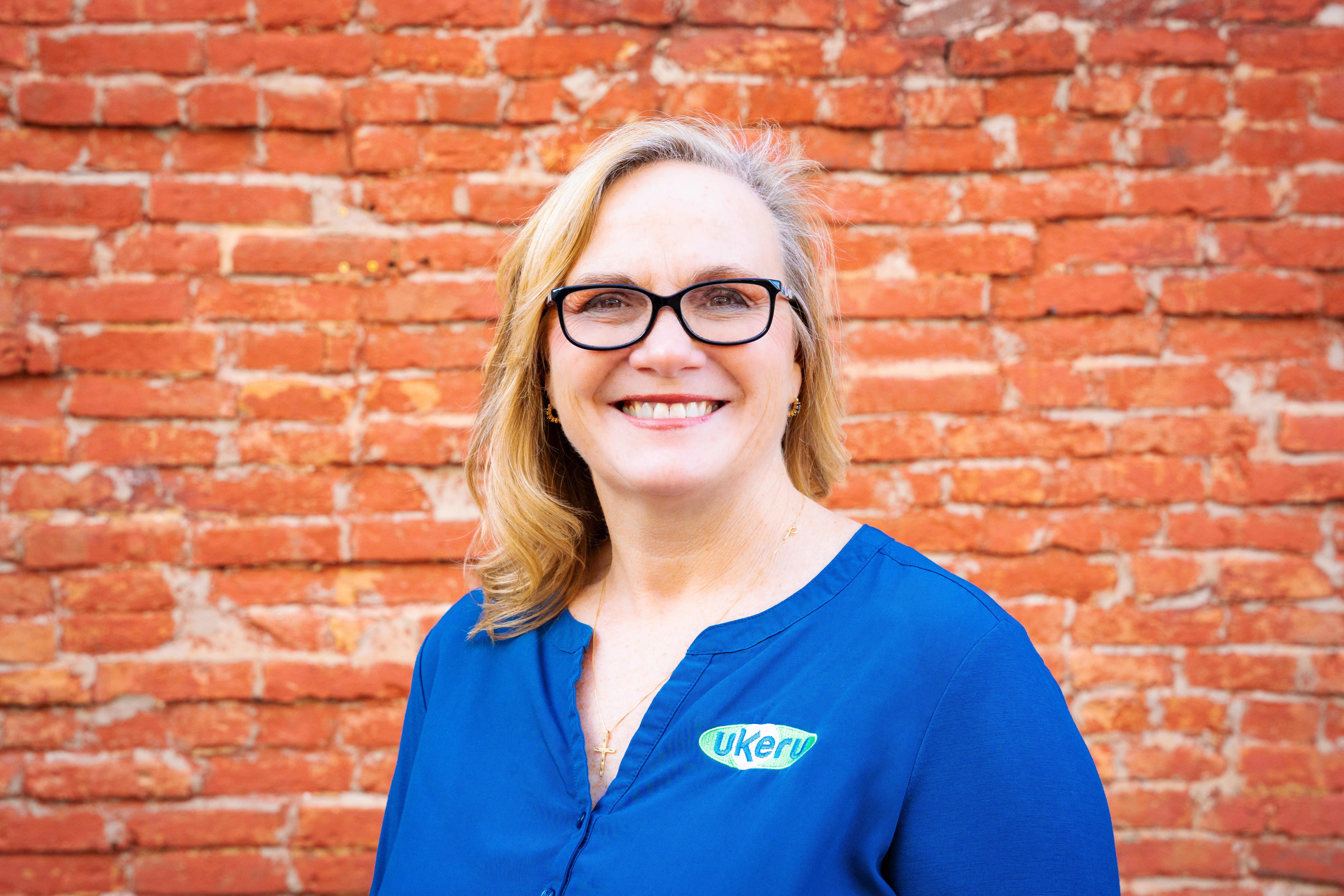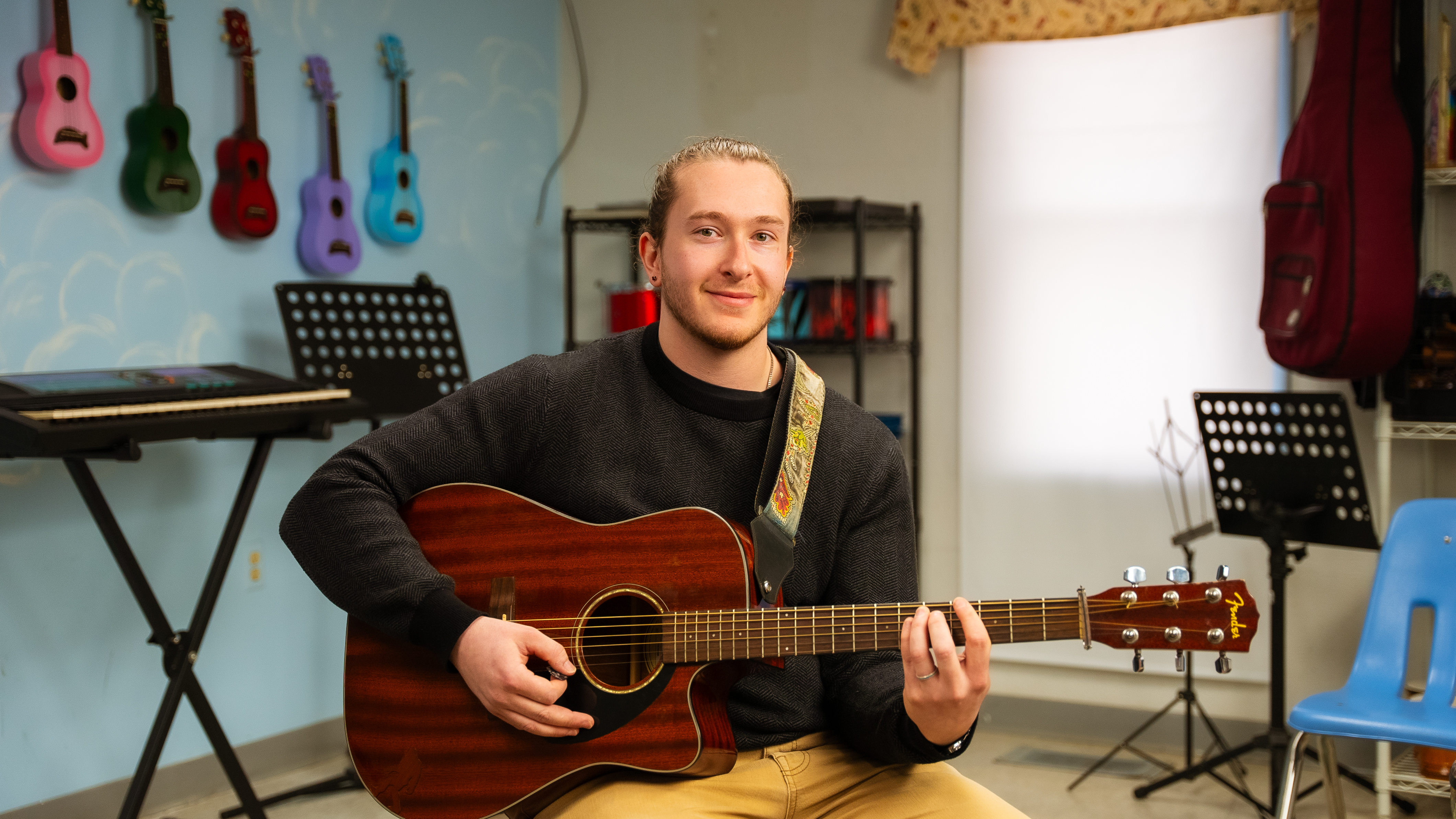As part of our efforts to share information and help support the elimination of restraints and seclusions, we want to shine a spotlight on individuals and organizations driving change. In this issue. To ensure confidentiality in this post, we are not using the name or any other identifying information related to our interviewee.
Q: Have you used restraint and seclusion prior to adopting Ukeru?
A: The approaches I used, though they involved de-escalation, did have a restraint component. As an educator, I don’t like to use restraint; it is something that can retraumatize a student. And, in my experience, it never benefits anyone involved.
My goal has always been to teach in restraint free classrooms. Ukeru is in alignment with the methods —such as conscious discipline and mindfulness — I had already been using to help teachers in their classrooms and to provide students with the necessary life skills.
Q: What has your experience been using the Ukeru approach?
A: Ukeru is focused on trauma-informed-care. There is a lot coming out now about trauma; a lot is said about how many diagnoses (OED, ADHD) can be caused because of trauma.
The way a student is behaving may have nothing to do with what is going on immediately in the classroom, but everything to do with the trauma he or she has experienced in the past. When we as teachers realize this, we are able to take it less personally which makes the job easier. Ukeru requires me to check myself; to be mindful and in control so that I’m not a variable in an escalating situation.
In the past, I had students who needed a safe space in the classroom. Ukeru’s core of trauma-informed-care creates that space. Using restraint is really an interrupter, or Band-Aid. It doesn’t help students to acquire the tools they need to learn. In contrast, if a student is scared or feeling unsafe, Ukeru offers options to create a safe space and maintain a focused learning environment.
By using the Ukeru approach, I am not spending hours and hours with a student who has to be restrained and retraumatized – neither of which is productive OR educational. I can now spend more time on working with students on social skills. Once those are in order, I can then work on helping them to develop life skills.
Ukeru is also focused on student growth and helps them realize more progress – two things that are extremely important to me. Now, I get to work with students guiding them to become productive members of society so they can pursue what they want. That’s my favorite part of my job.
Q: What would you say to those that think restraints are necessary in schools?
A: I would ask: what skills are we teaching by using restraints? We are trying to make citizens and educate people who can go out in the world and function. If you have someone who is always “controlling” you in an effort to manage your behavior — a behavior that could be prompted by the very restraints that are being used — you are not learning the control or skills to manage yourself.
Besides being ineffective, restraints have had lethal consequence; students have died. Parents should be able to send their kids to school in the morning expecting that they will be safe and come home. These kids didn’t. That’s not something you want to be involved in as an educator.
In addition, using restraint and seclusion breaks trust. Imagine you came to school every day — a place where you’re supposed to learn — and every day something goes wrong. Because you are unable to manage under those circumstances, and instead of finding safety and comfort, you are restrained. As an educator, I can’t see how putting your hands on someone will enhance the educational setting. It’s not going to enhance your social relationships or your academic relationships; it’s going to put a strain on them.
Q: Why would other schools benefit from using Ukeru?
A: Restraint retraumatizes students and begins a negative cycle, where students become treatment resistant. This creates bigger problems going forward. There is huge benefit of maintaining trust with students, and moral overall, through the Ukeru approach. In addition, it resulted in less injury and increased cost savings.
And, in answer to a question I get frequently, the method works and does not reinforce bad behavior.
How would you describe Ukeru in one word?
A: MINDFUL




